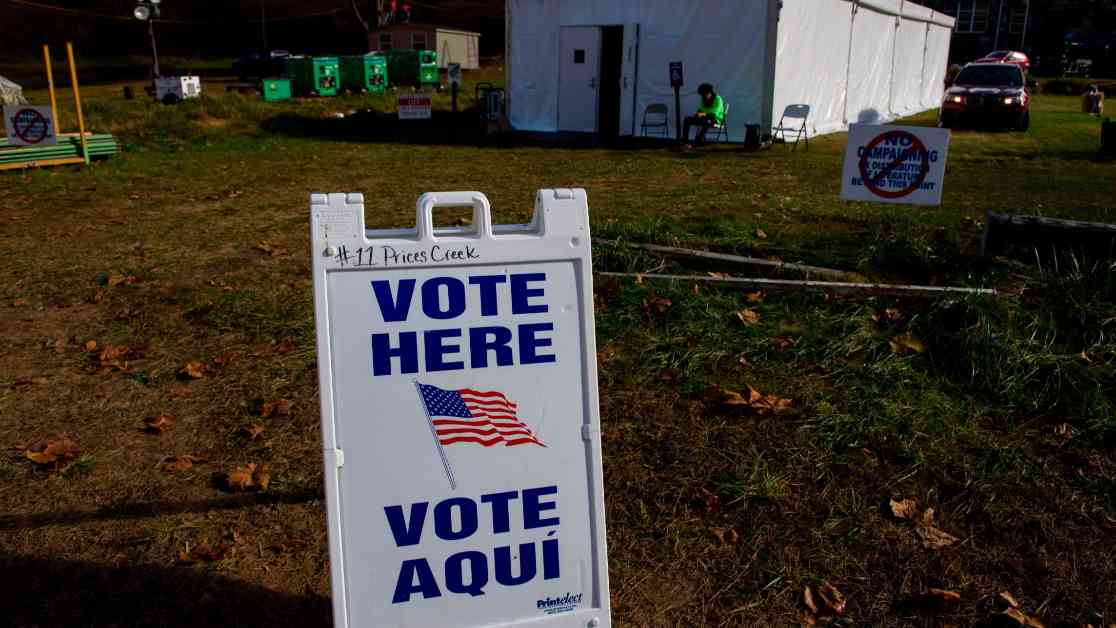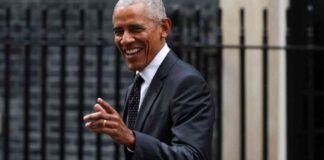Many poorer voters supported Trump in the 2024 US Presidential Election, and this phenomenon can be understood through voter demographics and data analysis.
One of the key reasons behind this support lies in the economic policies and promises made by Trump during his campaign. Many poorer voters felt that Trump’s policies would benefit them directly, such as tax cuts and job creation initiatives. This economic appeal resonated with voters who were struggling financially and saw Trump as a candidate who could bring about positive change in their lives.
Additionally, Trump’s messaging and communication style also played a role in attracting poorer voters. His straightforward and populist rhetoric appealed to many working-class Americans who felt alienated by the political establishment. Trump’s ability to connect with voters on a personal level, despite his wealth and status, helped him garner support from a diverse range of demographics, including poorer voters.
Furthermore, the cultural and social issues emphasized by Trump during his campaign also resonated with many poorer voters. Trump’s stance on immigration, law and order, and traditional values appealed to voters who felt marginalized by the changing social landscape. These voters saw Trump as a candidate who would protect their interests and uphold their values in a rapidly evolving society.
Overall, the support of poorer voters for Trump in the 2024 election can be attributed to a combination of economic, cultural, and messaging factors. By understanding these voter demographics and analyzing election data, we can gain valuable insights into the political landscape and the motivations behind voter behavior.






















